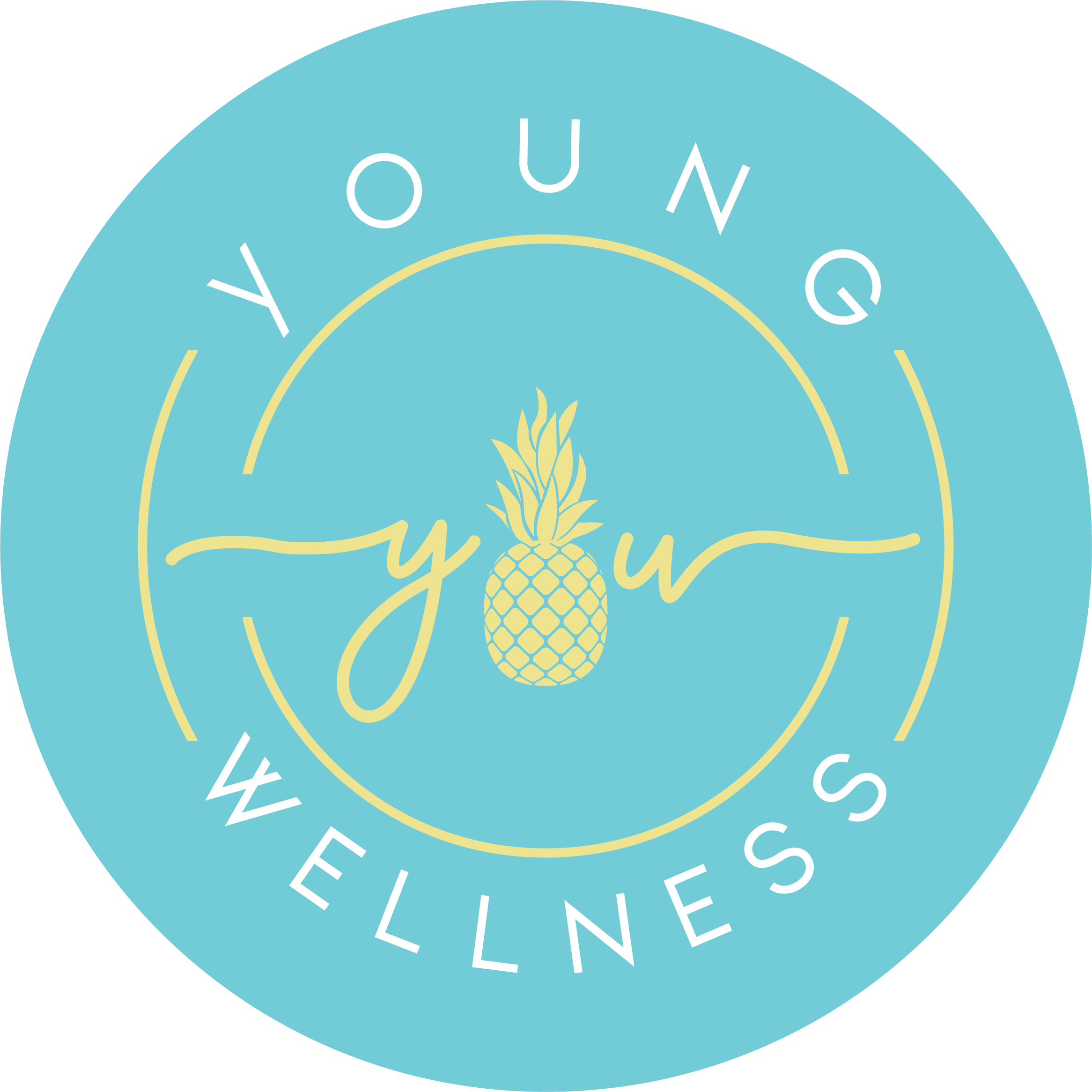Share this Post
In our fast-paced world, where stress and anxiety seem to be constant companions, finding effective ways to nurture our mental well-being is crucial. Enter yoga and Pilates—two mind-body practices that offer a holistic approach to mental health. Let’s explore how these ancient disciplines can positively impact our minds, bodies, and overall quality of life.
1. Yoga: Cultivating Mindfulness and Inner Balance
Yoga, with its roots in ancient India, goes beyond physical postures. It’s a lifestyle that integrates movement, breath, and meditation. Here’s how yoga benefits mental health:
a. Stress Reduction and Relaxation
- Yoga encourages deep breathing and relaxation techniques. By activating the parasympathetic nervous system, it reduces stress hormones and promotes a sense of calm.
- Regular practice helps manage daily stressors, leading to improved emotional resilience.
b. Mindfulness and Presence
- Yoga teaches us to be fully present in the moment. Mindful awareness during practice enhances our ability to cope with challenging emotions.
- Mindfulness-based yoga practices have been linked to reduced symptoms of anxiety and depression.
c. Emotional Regulation
- Yoga helps regulate emotions by balancing the nervous system. It activates the vagus nerve, which influences mood and emotional stability.
- Techniques like alternate nostril breathing promote emotional equilibrium.
d. Improved Sleep Quality
- Chronic stress often disrupts sleep patterns. Yoga’s relaxation techniques promote better sleep hygiene.
- Practices like Yoga Nidra (yogic sleep) enhance restorative sleep and alleviate insomnia.
2. Pilates: Strengthening the Core and Enhancing Mental Well-Being
Pilates, developed by Joseph Pilates in the early 20th century, focuses on core strength, alignment, and controlled movements. Its mental health benefits are equally remarkable:
a. Core Strength and Stability
- Pilates engages deep core muscles, including the transverse abdominis and pelvic floor. This holistic approach strengthens the entire core.
- A stable core supports better posture, which influences confidence and self-image.
b. Increased Flexibility and Range of Motion
- Pilates movements improve joint flexibility. Enhanced range of motion translates to ease in daily activities.
- Flexibility prevents injuries and contributes to overall well-being.
c. Mind-Body Connection
- Pilates emphasizes mindful movement. Focusing on form and alignment cultivates body awareness.
- The mind-body connection reduces stress, as we learn to listen to our bodies and respond intuitively.
d. Combatting Burnout
- Pilates sessions provide a mental break from daily stressors. Concentration on precise movements distracts from external pressures.
- Regular practice reduces burnout and enhances job satisfaction.
Incorporating Yoga and Pilates Into Your Routine
1. Start Slow: Whether you’re a beginner or experienced, begin gradually. Attend classes or follow online tutorials.
2. Consistency Matters: Regular practice yields the best results. Aim for a few sessions per week.
3. Listen to Your Body: Both yoga and Pilates encourage self-awareness. Modify poses as needed and honor your limits.
4. Seek Professional Guidance: Certified instructors can guide you safely through the practices.
Remember, yoga and Pilates aren’t just exercises—they’re tools for self-care and mental well-being. So, unroll your mat, breathe deeply, and embark on a journey toward balance and inner peace.
